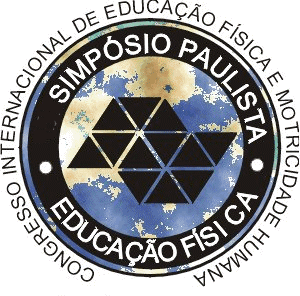Physical Education in elementary school: Important aspects pointed out by the students
DOI:
https://doi.org/10.5016/816Keywords:
Significado. Representação Social. Educação Física Escolar.Abstract
For the majority of Brazilian adults, remind the School Physical Education, let them remember the traditional sports worked as important content in the classes. As a school teacher, we fell some needs to investigate if this social representation of the adults remains on the students mind. So, this paper aims at investigating what are appreciated contents in the school physical education. The samples were eighty seven, which are students from sixth to ninth grade of elementary school, in the first semester, at private school, located in the east of the São Paulo City. This is a qualitative study, descriptive type. The students answered for the question: What do you think is important in the physical education classes? Why? The answers were registered, written out, analyzed and interpreted. The results showed us that the most important apprenticeship content for the students in this semester was sport, confirming the permanence of sport in the physical education image, interpreted as a strong social representation component. Well-being and physical development had been mentioned few times than sports. From these results, it is possible to reflect on the reasons that the others physical education contents no yet attained the students as the same importance that sports.Downloads
Published
Issue
Section
License
Authors who publish in this journal agree to the following terms:
a) The authors assign copyright to the magazine, with the work simultaneously licensed under the Creative Commons Attribution License, which allows the work to be shared with recognition of its authorship and publication in this magazine.
b) The policy adopted by the Editorial Committee is to assign copyright only after a period of 30 months from the date of publication of the article. After this time, authors interested in publishing the same text in another work must send a letter to the Editorial Committee requesting permission to transfer copyright and await a response.
c) This magazine provides public access to all its content, as this allows greater visibility and reach of published articles and reviews. For more information about this approach, visit the Public Knowledge Project, a project that developed this system to improve the academic and public quality of research, distributing OJS as well as other software to support the public access publishing system for academic sources. The names and email addresses on this site will be used exclusively for the purposes of the magazine and will not be available for other purposes. This journal provides open any other party This work is licensed under a Creative Commons License
